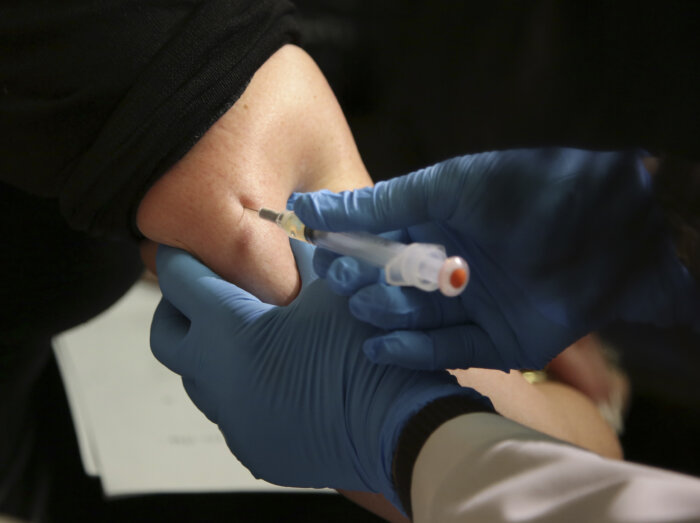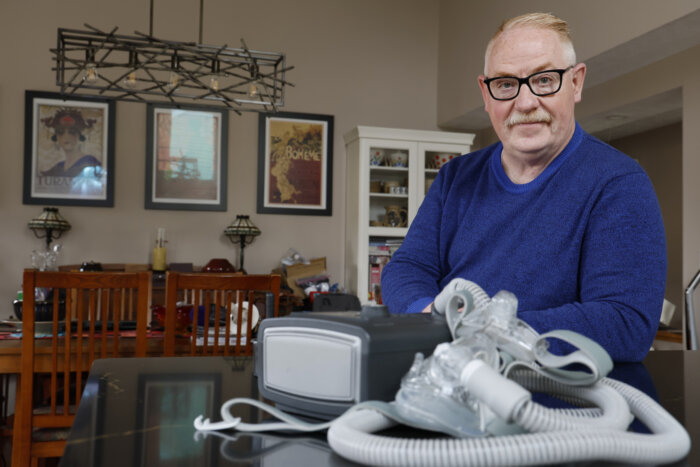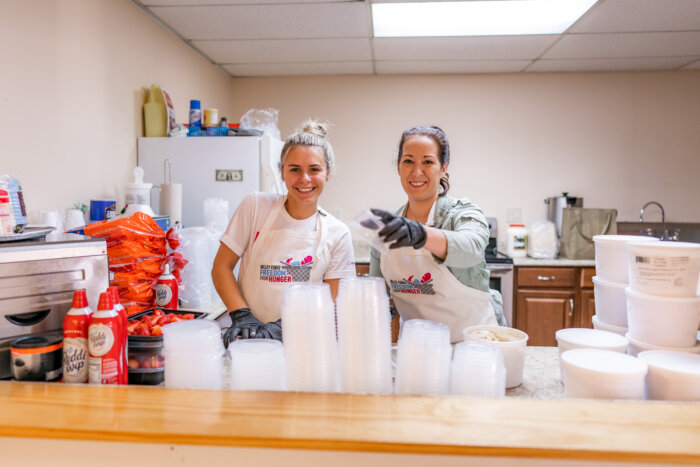With the ever-growing chaos surrounding the coronavirus pandemic, it is more important now than ever to keep a healthy mindset. But in these tumultuous times, that might be easier said than done.
Philadelphia Clinical Psychologist Deborah Seagull, Ph.D, offers Metro readers insight and advice to overcome stress and embrace some much-needed peace of mind.
What advice would you give to those suffering from mental health issues amidst the COVID-19 virus pandemic?
This is a scary and troubling time for everyone in our country, and especially now with COVID-19 in our area, it feels much more real and pressing. The two worst-case scenarios psychologically are going too far in either direction. If you are in denial, you run the risk of infecting yourself, others and making faulty decisions with regard to the risk present with the virus. Conversely, if you are paralyzed by your fear, your life loses meaning and vitality necessary for functioning and survival. The goal here is to find that middle ground where you are not in denial of reality and you don’t give into the despair and fear that this pandemic lends itself to. Holding a solid grasp of the situation while making smart decisions, and trying to find places of love, connection and meaning is essential.
What are some practices that people can do to combat feelings of isolation, anxiety and stress during this time?
There are actually many things that people can do. First, is controlling that fear. So, limit social media and news. Also, try and get yourself away from your worst fears. So don’t read articles that link to your worst outcomes and don’t dwell on that all day. If you can get out of that fear, you can move forward in making a good go of connection during social distancing. There are many opportunities for connection online right now, with folks teaching us skills or setting up virtual social scenes. Do these things! They may be awkward at first, but set up a virtual happy hour with friends, Facetime your friends and family, and get outside for a walk. I’ve noticed—even from a distance—that people are smiling and waving from our six-foot obligation. Neighbors have set up socializing hours where individuals all sit in their driveways at the same time. There are creative ways to socialize and not isolate during this time. There are also messaging sites for kids that will come in handy for them as well, so children can stay connected to their friends. In the house, if you are with family or others, we can connect like they did in the pioneer days- over a home project, animals in the home or some good games. At home, do reach out to others, it’s crucial at this time.

What advice would you give to people who are worried about elderly loved ones?
It’s a very scary time for the elderly and our more vulnerable loved ones. One thing about COVID-19 is that we are all at a loss of control. We can’t control what happens to ourselves and our loved ones to a large extent. You are not alone in feeling afraid. Encouraging the more vulnerable among us to stay inside, and have others run their errands for them if possible is so important. Making sure we are checking in with them and assuring they are not lonely or dealing with physical symptoms is an essential psychological boost. Also, we need to focus on the things we can control right now, and make choices that express love and care for our families and friends, that is something we can control. It’s very hard to let fear go, but we all have to try and focus on aspects of life that make us feel okay right now.
What are the warning signs that people should look out for? What should they do if they experience these kinds of thoughts/behaviors?
There are two types of red flags in psychology: when someone is feeling extreme negative emotion too often and when someone is feeling too little. If you are finding yourself unable to think about anything else and only focusing on devastating and catastrophic outcomes, it’s time to reach out for help. Many therapists are doing teletherapy at this time and would be happy to provide support for this level of anxiety. Also, if you are feeling cavalier about the virus. If you are someone that is condescending toward social distancing or downplaying what is happening, it’s time to reach out. That’s a signal that what is happening is making you feel too overwhelmed to face the reality of what’s going on. If you are noticing these or any other symptoms that are causing distress, please reach out for support. Psychotherapy can really help.
What guidance would you give to parents who are self-quarantining with their children? How can parents ease their fears about the virus their children may be experiencing?
It is okay if quarantining feels like a blessing, a curse, or anywhere in between when you are enlisted to be home with your children for an indefinite amount of time. The key thing is to identify what you, as a parent, needs. Some do better having a multi-color schedule, some feel that to be pressure. Whatever you do during this time should not be compared to others. If you want to homeschool and focus on that, you should. If you want to spend time on projects with your kids, you should. If you need to keep your job, and have to stick them in front of a screen, that’s valid too. No judgment is crucial here. Also, if you can have them stay connected to their friends and family by technology, do it. It helps give them a sense of normalcy.
Children react very differently to extreme situations. Try and assess what your child needs, and what messages you are giving them. They look to you many times to determine their own panic meter. When explaining COVID-19, I would be honest and direct, but not graphic. Talk about the measures you are taking to be safe in your own family, and about how it’s unlikely that parents and children will get really sick. If your child is older, you can talk about contingency plans if something were to happen, e.g. like being hospitalized. After explaining the reality of the virus, focus on how there will be a time when life goes back to normal and they will go to school and see their friends again. Don’t be afraid of your children’s feelings. You can be honest with them about this being a scary time, as long as you remain calm yourself as you have this conversation.
Deborah Seagull has been practicing in Philadelphia and suburbs for 15 years. She has a general private practice, with a focus on cancer patients and other medically vulnerable individuals. She has talked a lot in this vein about dealing with uncertainty in vulnerable times. She is currently conducting teletherapy for those that are struggling with fears, anxiety or depression around COVID-19. She can be contacted directly at [email protected].
































